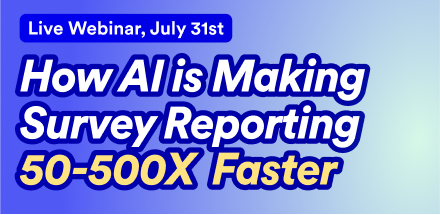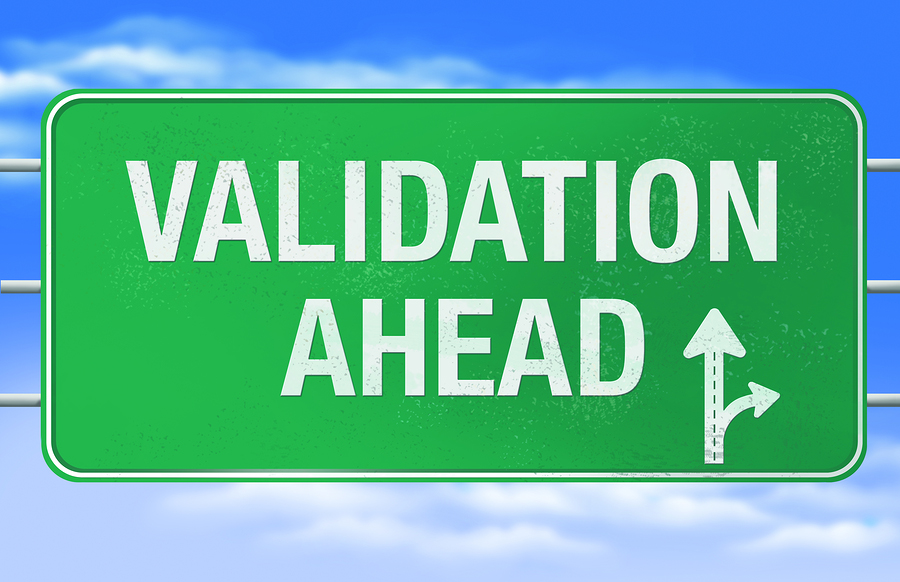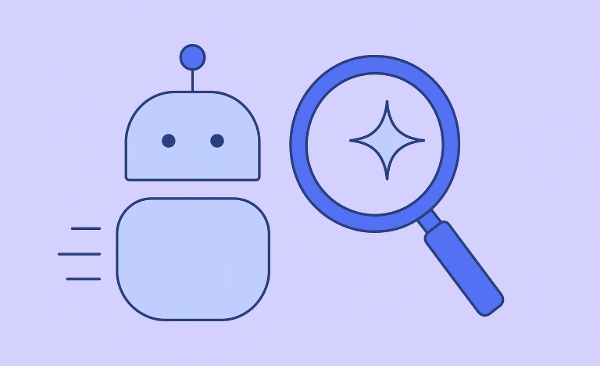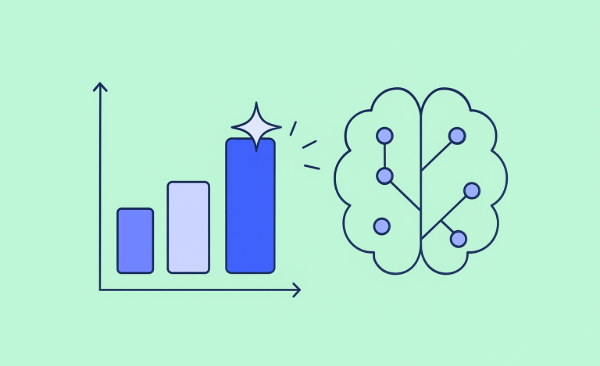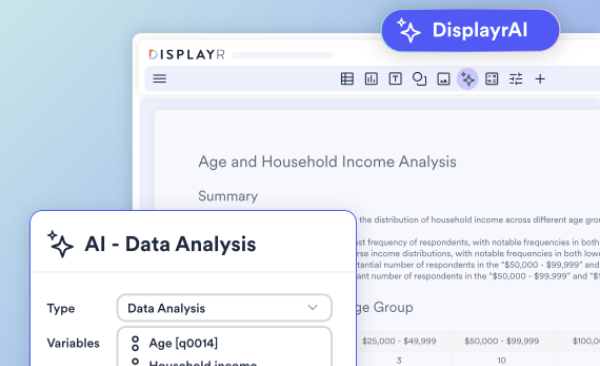
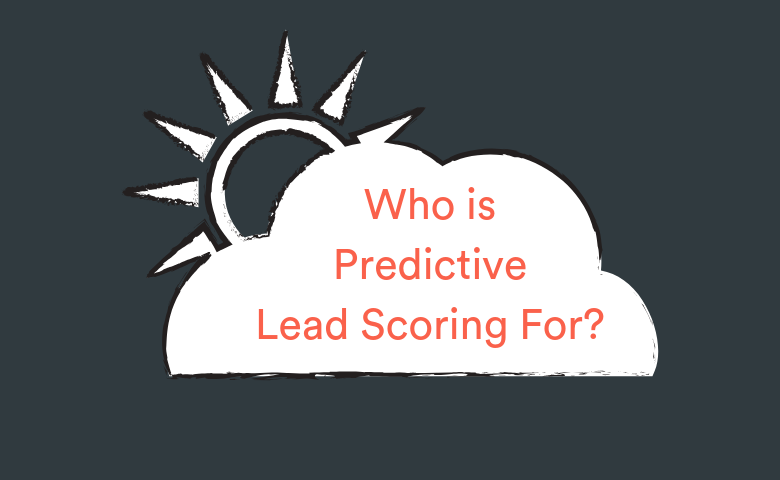
You might be reading about predictive lead scoring and wondering if it's something that's right for you. It can sound a little daunting and something that is for only for the very data-savvy. But that's not necessarily the case. Read on to find out if predictive lead scoring is for you!
Make sure you check out "What is Predictive Lead Scoring?" if you haven't already or would like some more background information!
You may have heard of predictive lead scoring in the context of technology companies. While they are a large part of the cohort adopting this methodology, they don't need to be the only ones taking advantage of this technology! Any organization that can capture, use and manage data effectively can adopt predictive lead scoring.
Within an organization, you might also be wondering if this is just a "marketing-department-thing". The truth is that predictive lead scoring delivers excellent benefits to marketing and sales teams across the board. So whether you're in sales, or marketing, or management - this technique may benefit your organization. In this article, seven business scenarios (or "problems to solve") are discussed that can make the implementation of predictive lead scoring a worthy endeavor. If any of these resonate with you ("yes please!"), then predictive lead scoring is worth a shot!
1. You want to improve lead nurturing across the entire funnel
Traditional lead scoring tends to focus on the end of the conversion funnel (closing the deal). A key advantage of predictive lead scoring over traditional scoring is that it can help you identify where your sales and marketing can improve from the very beginning of the customer journey. It can be used to nurture leads along the funnel (which by the way, can be completely non-linear, complex and not-funnel-like at all). Because it is dynamic, it can adapt to real-time behaviors and facilitate lead engagement by automating certain tasks (for example, specific customer follow-up emails can be triggered by a particular action). It can also help provide tailored and relevant information for wherever your customer is in their journey (i.e. well-timed automated marketing).
2. You want to get richer data on your leads
Predictive lead scoring is not only about delivering a score to the sales team. The process of developing a predictive model involves integrating your existing data (e.g. from your CRM or your internal tracking website activity data) with other information from third-party online sources like Google Analytics or LinkedIn. Thus, unlike traditional methods, predictive lead scoring is enriched with additional external information about a prospect. This helps to build a more complete and therefore accurate picture of where your lead is. Furthermore, the most relevant information (i.e. the information that has greater predictive influence) can be prioritized in the lead’s profile (as determined by the model).
3. You want to improve and/or validate your business strategy
One of the main goals of predictive lead scoring is to build a picture of your ideal customer. In turn, the marketing team can use that information to improve their market segmentation or even validate their existing segmentation. Again, one of the beauties of machine learning is that it is constantly self-improving and can provide real-time feedback. It can help marketers quickly adopt new strategies. This is very useful when operating in a changing market (with new products and shifting customer needs). Improving your business strategy is vital for continued growth.
4. You have grown sufficiently that you need an automated way to process leads
Generally, lead scoring is not appropriate for a start-up. If you are a growing business, you may find yourself in a situation where there are more leads you can effectively process manually (i.e. on a case-by-case basis). Equally, marketing may be in a situation where they need to start segmenting and profiling the leads in an automated way. Predictive lead scoring aids the processing of leads, by allocating them into groups. If your business is growing rapidly, it is definitely worth considering because it will grow with your business.
Check out "What's In the Future for Predictive Lead Scoring?" for more of an in-depth look at how this technique will grow alongside your organization.
5. You have low volume and high margin sales situation
Have you heard about the '80/20' rule of thumb? That's where 80% of your revenue comes from 20% of your lead base. High margin sales typically involve more nurturing. The prize is bigger, but equally is the potential loss (in terms of wasted time and effort) from an unsuccessful deal. As mentioned above, predictive lead scoring can help you nurture contacts through the sales funnel, every step of the way.
Likewise, there’s a proportion of your lead base that will suck-up a disproportionate amount of resources (with no reward). So you want to identify those prospects, and either trim them away or deprioritize them. Although it's an often forgotten aspect, predictive lead scoring helps you identify the strongest leads BUT it also helps you weed out the leads that would be a waste of time and resources to chase.
6. You have complicated product-target relationships
Remember the old adage: What is one man's trash is another man's treasure. This can be the case when you have complicated product-target relationships such as when businesses have multiple products with overlapping user-bases (which is not uncommon). It can then be very hard to figure out who to target with one product, but not another. Predictive lead scoring solves that because it can generate a score for every product. Thus, when a lead receives multiple scores (for example, a customer may score lowly on Product A, very highly on Product B and medium on Product C), the marketing and sales teams can tailor their efforts towards the product that scored the highest and therefore has the best chance of a conversion.
7. Predictive lead scoring can improve the relationship between marketing and sales
Marketing and sales teams may have different assumptions about what constitutes a good or a bad lead. Traditionally people had to make assumptions and assign weights/points to different points of data. It does away with all that guesswork and can settle any disputes. Machine learning is entirely objective because it assigns the weights based on data, not intuition.
Also, consider that a better success rate from leads will boost the morale of the sales team. Actions taken by the sales team, in turn, feed into the model, resulting in marketers having richer and more complete information to work with. Implementing predictive lead scoring can be a win-win scenario for both marketing and sales teams, bringing them closer together.
If you're not sure if predictive lead scoring is right for your company, check out "7 Questions For Those Considering Predictive Lead Scoring" with a free bonus downloadable checklist!
